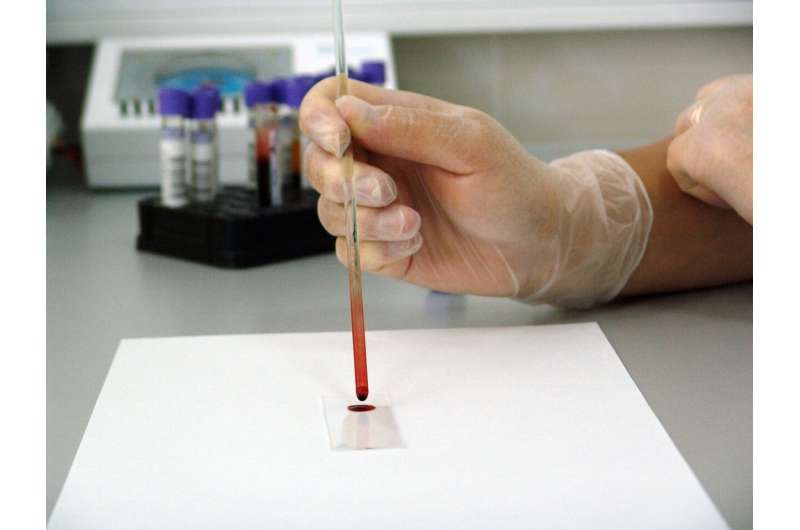Innovative Treatment Approach Enhances Remission Rates in Rectal Cancer Patients

A groundbreaking UK trial shows that combining immunotherapy with radiotherapy significantly improves remission rates in advanced rectal cancer, potentially reducing the need for surgery.
A recent UK-wide clinical trial has demonstrated promising results in the treatment of advanced rectal cancer through the combination of immunotherapy with extended radiotherapy. The trial, presented at the ESTRO 2025 conference in Vienna, achieved a notable increase in complete remission rates among participants.
The study involved 46 patients with locally advanced rectal cancer recruited from multiple centers across the UK. Researchers tested two radiotherapy strategies—short-course and long-course—paired with durvalumab, an immunotherapy drug. Remarkably, the trial reported a 52% overall complete remission rate, significantly surpassing the expected 30%. Among those who achieved complete response, many did so without the need for traditional surgery, offering hope for less invasive treatment options.
The trial was led by the University of Glasgow and NHS Greater Glasgow & Clyde, with notable contributions from the colorectal cancer team at Aberdeen Royal Infirmary, under the guidance of Dr. Leslie Samuel. Both arms of the trial displayed high remission rates, with 67% in the short-course group and 48% in the long-course group initially, and sustained responses at 18 months of 56% and 33%, respectively.
Importantly, adding immunotherapy did not result in significant adverse side effects, indicating a safe and potentially more effective treatment pathway. This combination could represent a major advancement in managing locally advanced rectal cancer, especially as treatment options currently remain limited for late-stage diagnoses.
Rectal cancer remains a significant health concern in the UK, with around 12,000 new cases annually. It accounts for about a quarter of bowel cancer deaths, and the incidence among young adults has been rising markedly. Traditional treatments often involve surgery, which can significantly impact quality of life, including the requirement for a permanent colostomy in many cases.
The PRIME-RT trial aimed to enhance remission rates and reduce the need for surgical intervention. Results showed high complete response rates—67% and 48% in the two treatment arms—with promising long-term response persistence. Experts such as Professor Campbell Roxburgh from the University of Glasgow highlighted the encouraging nature of these findings, emphasizing that they could lead to more personalized and less invasive management strategies for rectal cancer patients.
As research continues, future studies will aim to optimize this combination therapy, understand why some patients respond better than others, and potentially tailor treatments to individual tumor biology. The success of this approach offers new hope for patients facing advanced rectal cancer and marks a significant step forward in oncological care.
Stay Updated with Mia's Feed
Get the latest health & wellness insights delivered straight to your inbox.
Related Articles
Study Highlights Urgent Need to Improve Medicaid Coverage for Post-Hospitalization Anorexia Treatment
A new study reveals that Medicaid-insured young patients with anorexia experience longer hospital stays due to inadequate coverage, highlighting urgent systemic disparities in mental health care.
Understanding Why Detecting Illnesses Often Requires More Than Just a Few Drops of Bodily Fluids
Discover why most medical diagnoses still depend on larger sample volumes of blood, urine, or saliva to ensure accurate and reliable results, despite advances in testing technology.
Enhancing Cohort Representativeness to Boost Public Health Research Accuracy
A new study enhances the representativeness of the GCAT cohort in Catalonia through statistical adjustments, improving data accuracy for public health research and precision medicine.



